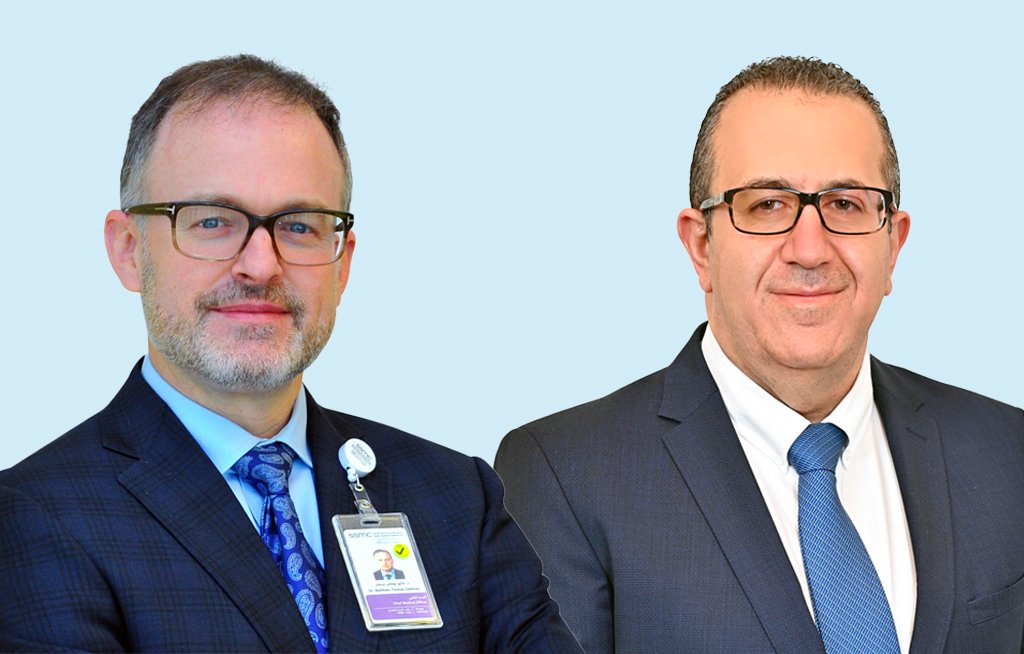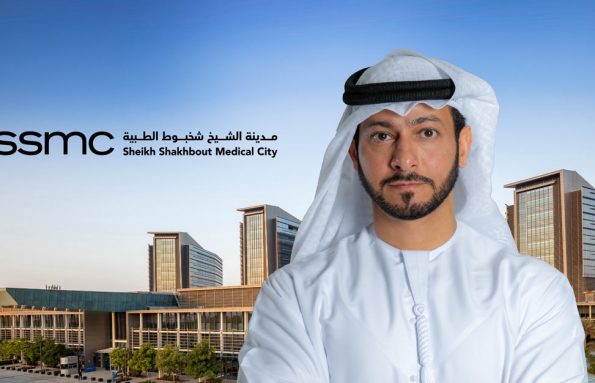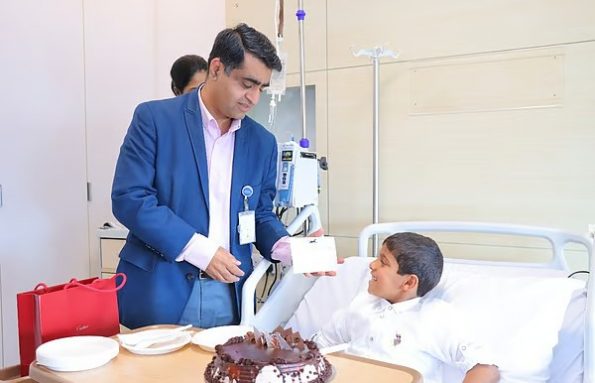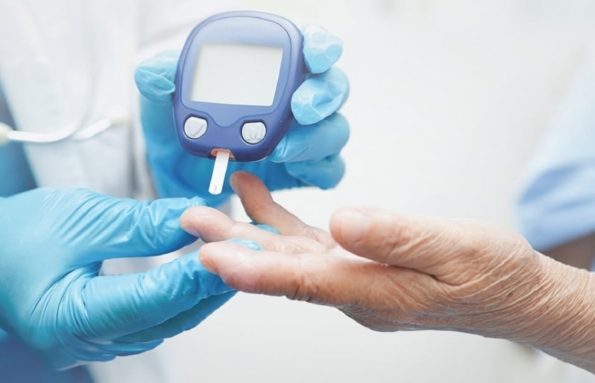- Doctors call for increased awareness on the importance of monitoring heart health in cancer care.
- SSMC’s recently launched cardio-oncology clinic is one of the few in the region to offer specialist cardiac care for oncology patients.
Sheikh Shakhbout Medical City ( SSMC ) , one of the UAE’s largest hospitals for serious and complex care and a joint-venture partnership between Abu Dhabi Health Services Company (SEHA) and Mayo Clinic, is setting a new benchmark for monitoring and treating potential cardiac issues in people undergoing treatment for cancer.
Since launching at the end of 2022, SSMC’s cardio-oncology clinic has helped several patients achieve positive outcomes. Recently, a 44-year-old woman diagnosed with breast cancer was referred to SSMC’s Cardiac Intensive Care Unit (CICU) with acute heart failure decompensation and she was determined to have an ejection fraction of 15-20%. Her heart was pumping out only a minimal amount of blood with each heartbeat. According to the American Heart Association, a normal heart’s ejection fraction ranges between 50% and 70%. An ejection fraction measurement under 40% can indicate heart failure with reduced ejection fraction .
M.B. was diagnosed with stage 2 breast cancer and she received chemotherapy and radiation therapy followed by targeted therapy. Her last reported ejection fraction during chemotherapy a few months before CICU admission was 54%. Later, the patient was admitted at a hospital with an acute heart failure diagnosis, as a result of having an ejection fraction of 20%.
Chemotherapy is a highly effective treatment in destroying tumors and reducing the risk of cancer spreading, however it can affect heart ejection fraction . Explaining the need for a multidisciplinary approach, Dr. Hadi Skouri , consultant cardiologist, said that it is important for cardiologists and oncologists to collaborate when treating a person for cancer.
He explained, “One of the possible complications of chemotherapy is developing heart disease, even if the patient has a healthy heart before starting their treatment. Unfortunately, if a cardiologist is not involved from the start, emerging complications such as a low ejection fraction can be missed. As a result, by the time a patient is referred, they can be in an advanced stage of heart failure.”
The hospital’s cardiac unit, where the patient was first admitted, took care of her and initiated heart failure therapy. Her ejection fraction improved, six weeks after discharge, to 36%. Unfortunately, she struggled to take her medicine as prescribed and missed follow-up leading to her ejection fraction to deteriorate to 15% at her next check-up. At this point, she was seen again at SSMC’s cardio-oncology clinic.
In consultation with the patient’s oncologist, Dr. Skouri decided to continue pausing the patient’s chemotherapy to focus on improving her cardiac health. “We decided that it was in the patient’s best interest to improve her heart function, even if that meant temporarily stopping her cancer treatment,” he said. “This lady found it hard to remember to take her medication so we scheduled weekly follow-up sessions to help keep her on track, and closely monitor her heart symptoms. Moreover, educating the patient about her condition was of utmost importance to improve outcome and medication compliance.”
As a result of this approach, the patient’s ejection fraction reached 55% and she was able to resume her chemotherapy. The patient, who was very appreciative of the support she received during her cancer treatment, said, “I was extremely concerned about having shortness of breath, so I went to the emergency department, and thanks to Dr. Hadi and the team, and the frequent follow-ups, my heart condition has really improved.”
Dr. Aisha Alsalami , consultant medical oncologist at SSMC, agreed that sometimes heart health is unfortunately overlooked when treating patients with cancer. Commenting on another case, she said, “We recently treated a 57-year-old patient who was undergoing immunotherapy and chemotherapy for breast cancer. She had come to the hospital very short of breath and was discovered to be in acute heart failure with an ejection fraction of 15%. Her care was transferred to the cardio-oncology clinic and with close monitoring of her treatment and symptoms, her ejection fraction had improved to 57% at her last visit.”
Dr. Matthew Gettman , chief medical officer of SSMC, stressed the importance of cross-specialty collaboration. “Historically, the different specialties often worked in isolation, focusing on the immediate problem before them. For instance, an oncologist will apply his or her specialist knowledge to treat a cancer to the best of their ability, but they may not prioritize monitoring heart health with the same level of rigor. That’s why at SSMC we place very high importance on multi-disciplinary collaboration, bringing experts in their field together to care for every aspect of a patient’s health. Our new cardio-oncology clinic is a prime example of this guiding principle and is already improving outcomes for patients in the region and beyond.”






